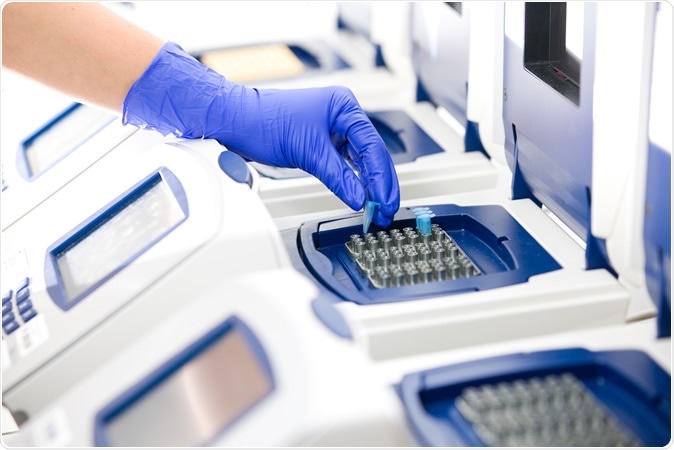The coronavirus disease (COVID-19) is straining healthcare resources across the globe, prompting countries to impose social distancing measures to reduce the transmission of the virus. The problem is, the virus can spread even if the infected person has no symptoms, making contact tracing and isolation measures more difficult. Now, a new study reveals the rapidity of asymptomatic SARS-CoV-2 transmission that occurred in a Boston homeless shelter.
The study titled ‘COVID-19 outbreak at a large homeless shelter in Boston: Implications for universal testing’ is published as a preprint (not yet peer-reviewed) server medRxiv.
A team of researchers from Boston Health Care for the Homeless Program and Massachusetts General Hospital sheds light on the dangers of asymptomatic transmission. People who do not have symptoms are not aware they are infected and may pose a risk of people surrounding them.
Homelessness and lockdowns
Over several weeks, many countries have been on lockdown, and social distancing measures have been imposed. However, the amount of social distancing measures required to stem the coronavirus epidemic remains unclear, especially if asymptomatic transmission is happening in various locations. One of the most vulnerable populations is those without homes.
The circumstances of homelessness create the potential for the rapid transmission of COVID-19. The researchers wanted to see the situation of homeless people amid the coronavirus outbreak and found that many people in the homeless shelter are positive for severe acute respiratory syndrome coronavirus 2 (SARS-CoV-2), the causative agent of COVID-19.
Upon observing a cluster of COVID-19 cases from a single large homeless shelter, the team conducted symptom assessment and polymerase chain reaction (PCR) testing for all the guests living in the shelter for over two days. A total of 408 people were tested, and the team revealed that 147 of as much as 36 percent were PCR-positive for the virus.

Real-time PCR cycler. Image Credit: Vit Kovalcik / Shutterstock
Those who are symptomatic have reported the most common symptoms they experienced were fever, shortness of breath, and cough.
In the US, an estimated 2.3-3.5 million people experience homelessness annually, and about 500,000 individuals sleep in homeless shelters each night. The congregate nature and hygienic challenges of shelter life create the potential for rapid transmission of SARS-CoV-2 in this vulnerable population.
“Our findings illustrate the rapidity with which COVID-19 can be widely transmitted in a homeless shelter setting and suggest that universal PCR testing, rather than a symptom triggered approach, maybe a better strategy for identifying and mitigating COVID-19 among people experiencing homelessness,” the team concluded in the study.
Testing guidelines
Many countries are grappling with testing. A lack of testing, along with muddled guidelines for treating only those with symptoms, may have contributed to the spread of the virus. People who have symptoms should be isolated, but those who do not have symptoms are advised to go on with their regular daily activity.
The team suggests increasing testing capacity to cover even the asymptomatic ones. For homeless people, the government worry since they can’t self-isolate, making it hard for health officials to conduct contact tracing and containment of the infection.
“Although recommended by the Centers for Disease Control and Prevention and widely implemented in Boston and elsewhere, front-door symptom screening in homeless shelter settings will likely miss a substantial number of COVID-19 cases in this high-risk population. These results support a universal PCR testing approach for identifying COVID-19 among people experiencing homelessness,” the researchers added.
COVID-19 global situation
SARS-CoV-2 is a novel coronavirus that has emerged in a seafood market in Wuhan City, Hubei Province, in China. From there, it has spread to 185 countries and territories and has infected more than 2.15 million people worldwide. More than 143,000 people have succumbed to the virus, while more than 540,000 have already recovered.
The United States has reported the highest number of infections, with more than 667,000 confirmed cases and more than 32,000 deaths. Other countries with high infections include Spain with more than 184,000 cases, Italy with more than 168,000 cases, France with more than 147,000 infections, and Germany with more than 137,000 cases.
Important Notice
medRxiv publishes preliminary scientific reports that are not peer-reviewed and, therefore, not be regarded as conclusive, guide clinical practice/health-related behavior, or treated as established information.
Source:
Journal reference: